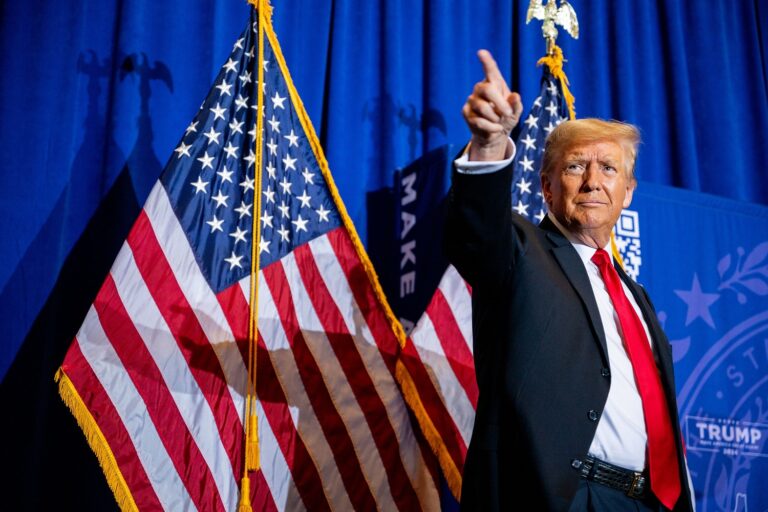Akintunde Oyedokun
Research Analyst
Oil prices climbed for a third consecutive day, hitting a two-week high as sanctions on Russian and Iranian crude disrupted supply, while escalating tensions in the Middle East added to market concerns. Brent crude settled at $77.00 per barrel, rising 1.5%, while WTI increased 1.4% to $73.32. U.S. sanctions on Russian and Iranian oil shipments tightened global supply, further supporting prices. Meanwhile, geopolitical risks grew as Israel warned of resuming military action in Gaza if hostages were not released. However, fears that new U.S. tariffs on steel and aluminum could slow economic growth and weaken energy demand limited further gains.
UK Retailers See Early 2025 Growth but Brace for Rising Costs
January retail spending rose 2.6% year-on-year, showing a recovery from 2024’s weak performance, the British Retail Consortium reported. Barclays also noted a 1.9% increase in consumer spending, the highest since March.
Despite this, retailers face £7 billion ($8.7 billion) in added costs from tax hikes, a higher minimum wage, and new regulations. Major brands like Tesco and Marks & Spencer expect challenges, while Sainsbury’s plans to cut 3,000 jobs. Inflation is projected to reach 3.7% by mid-year, adding to economic uncertainty.
U.S Fed Stays Cautious on Rate Cuts Amid Strong Economy
Fed Chair Jerome Powell told lawmakers that the central bank is not rushing to lower interest rates, citing a strong economy, low unemployment, and inflation still above 2%. He emphasized that cutting rates too quickly could hinder progress on inflation.
In markets, the S&P 500 fell 0.15%, the 10-year Treasury yield rose to 4.533%, and the dollar index dropped 0.28%. Powell’s cautious tone suggested a “wait-and-see” approach, with analysts noting concerns over the impact of President Trump’s policies on future Fed decisions.
Kenya Approves $32.65bn Spending Plan for 2025/26 Fiscal Year
Kenya’s cabinet has approved a 4.2 trillion shilling ($32.65 billion) budget for the 2025/26 fiscal year, set to be submitted to parliament for approval. The cabinet also ratified an additional 199.9 billion shillings for the 2024/25 budget, following the reversal of tax hikes in June due to protests.
The finance ministry revised the 2025 spending forecast to 3.87 trillion shillings ($30 billion) and projected 5.3% economic growth for 2025 and 2026, up from 4.6% in the previous year.
Nigeria, India Seek Partnership To Boost Green Energy Transition
Nigeria is seeking to collaborate with India to accelerate its green energy transition, focusing on technical assistance and funding. Agbu Kefas, governor of Taraba state, highlighted the importance of aligning with global trends toward green energy, despite challenges in securing adequate funding. Nigeria’s power grid faces frequent blackouts due to aging infrastructure and under-investment, and alternative energy solutions are seen as crucial for communities without access to the national grid. India, which is expanding its renewable energy capacity, plans to add 35 GW of solar and wind power to its grid by March 2025, and Nigeria hopes to benefit from this expertise.








